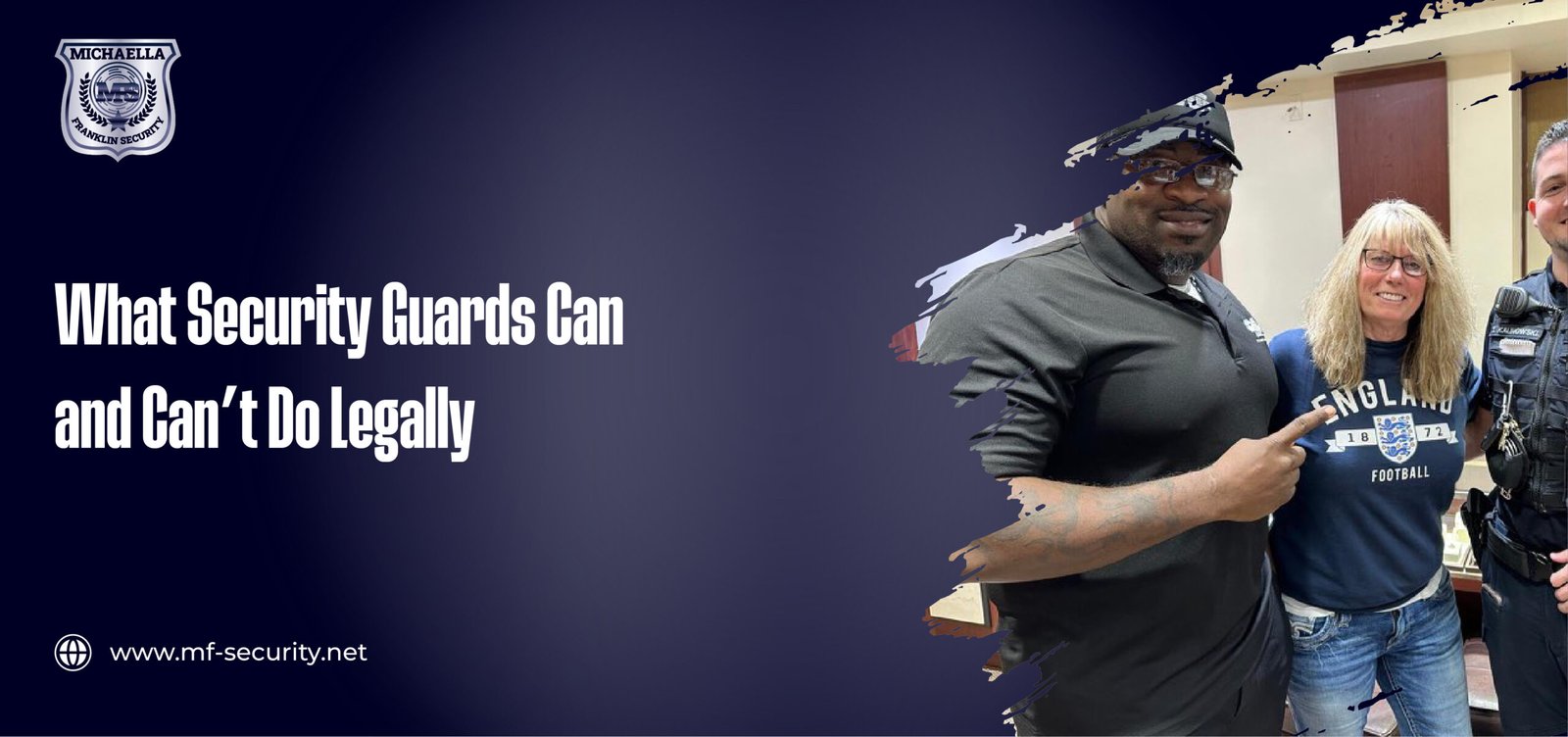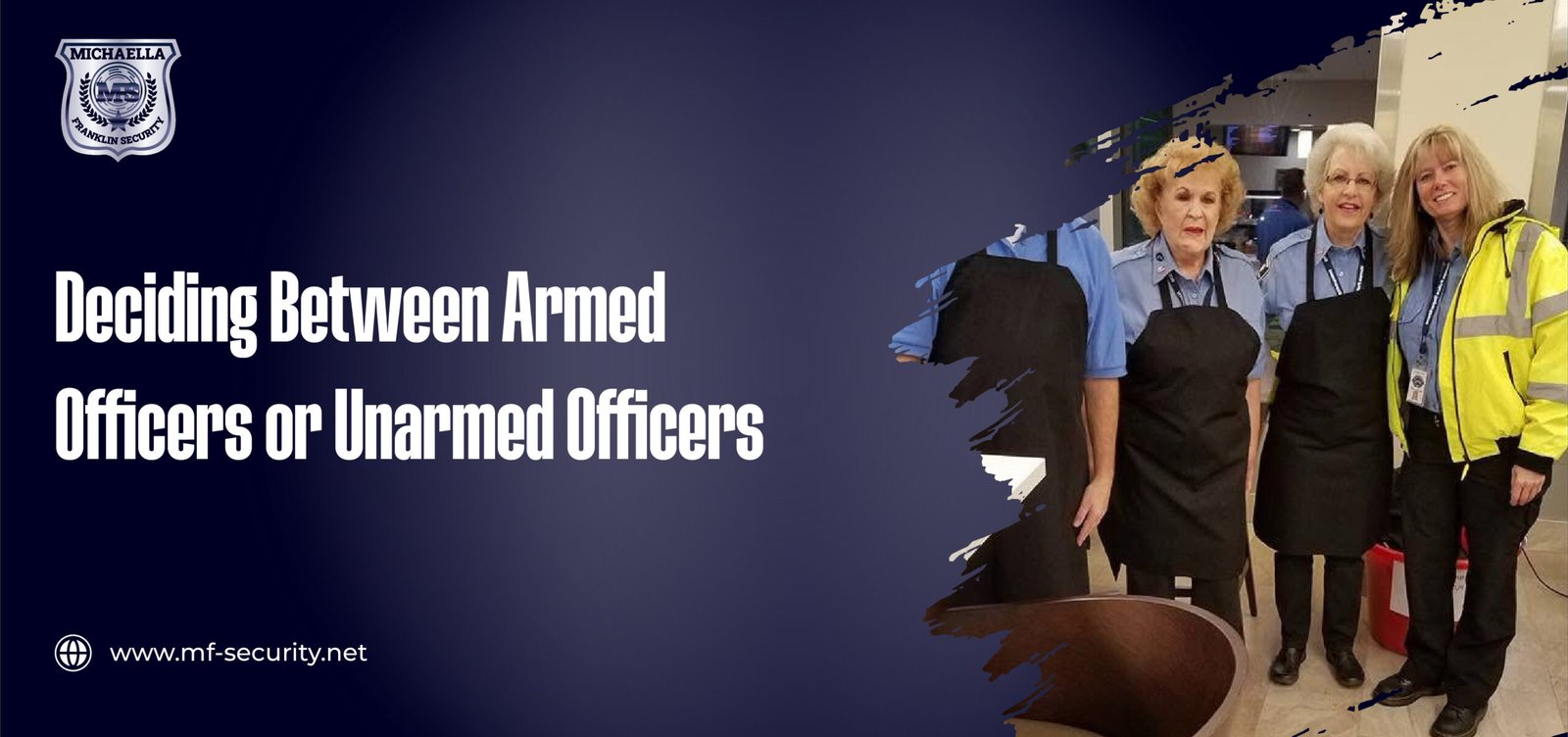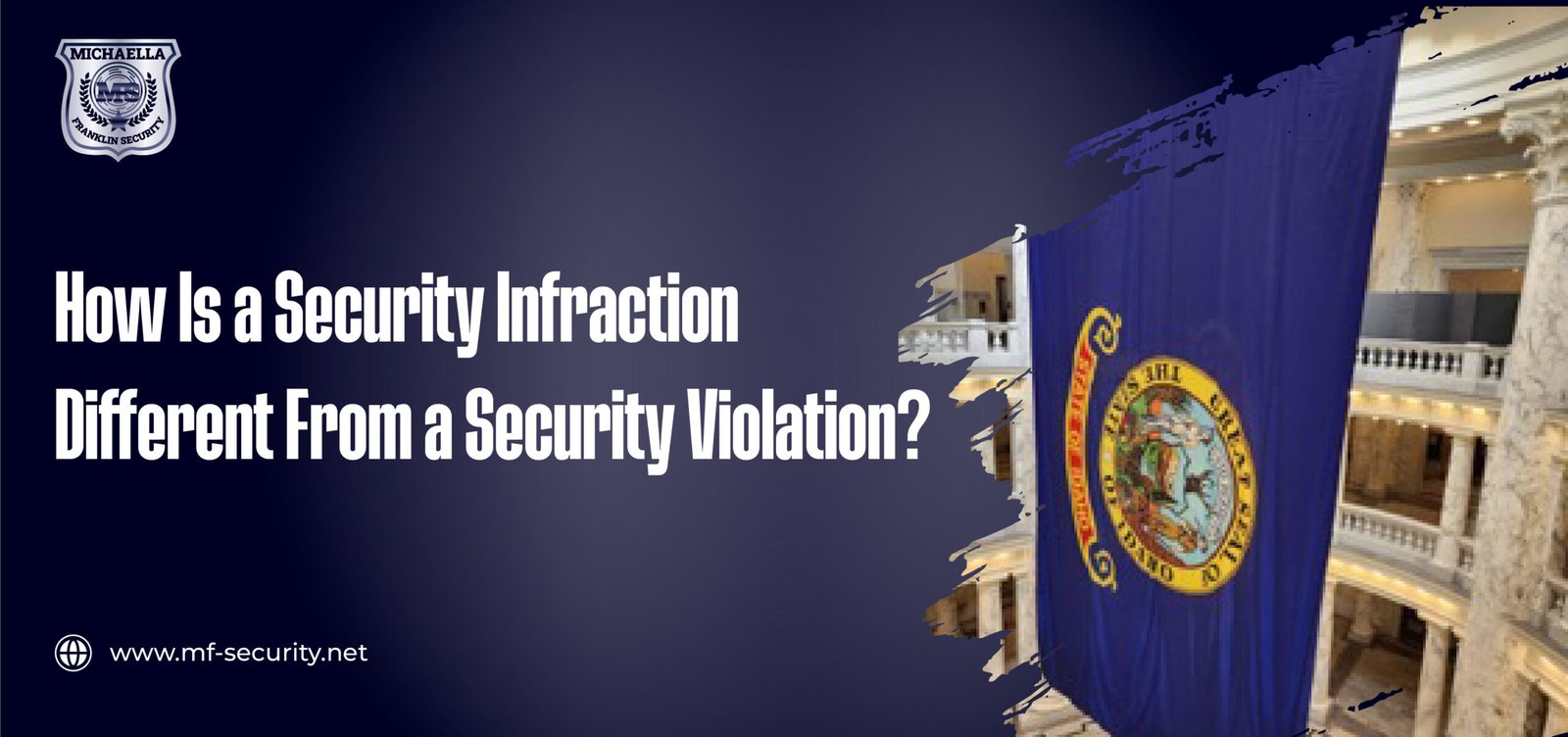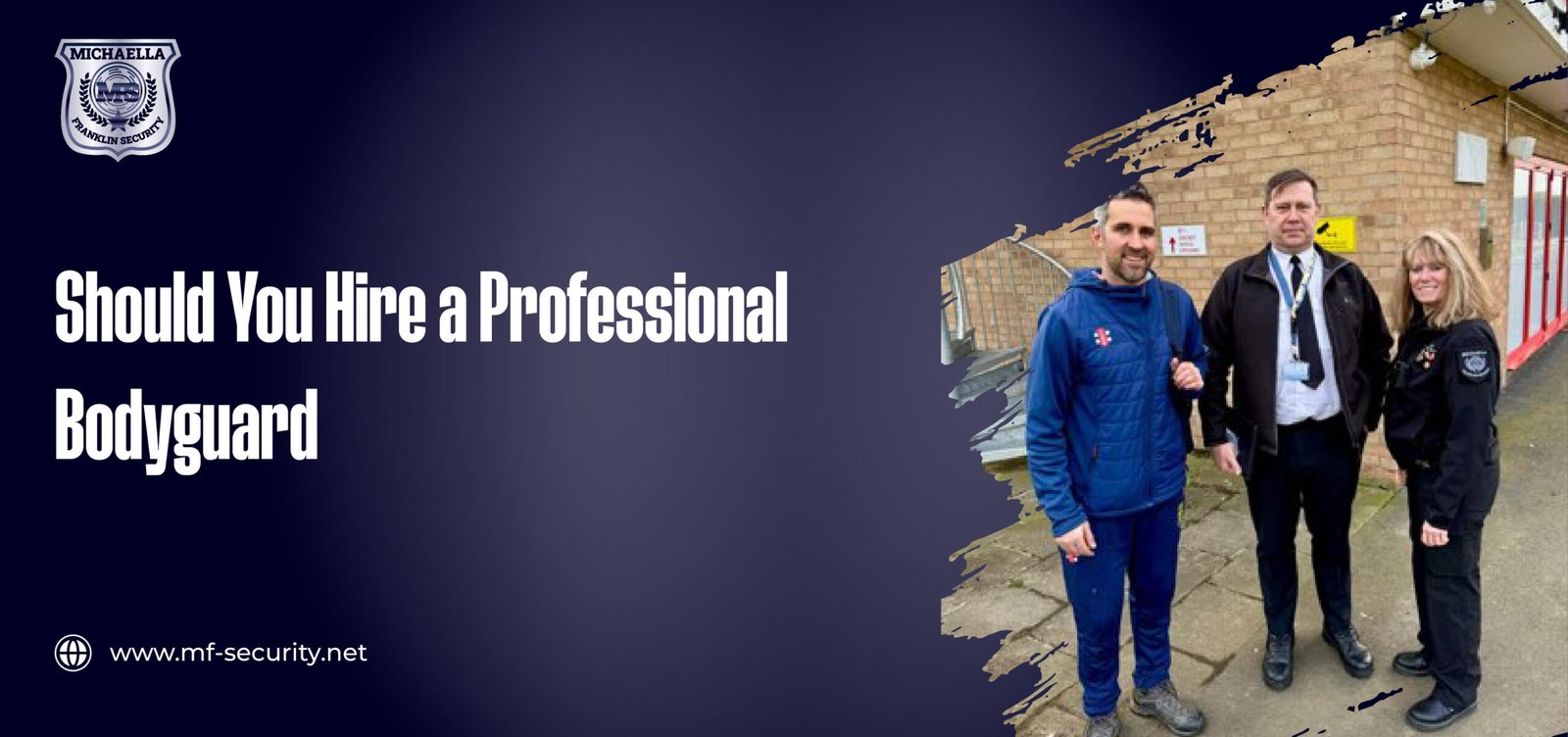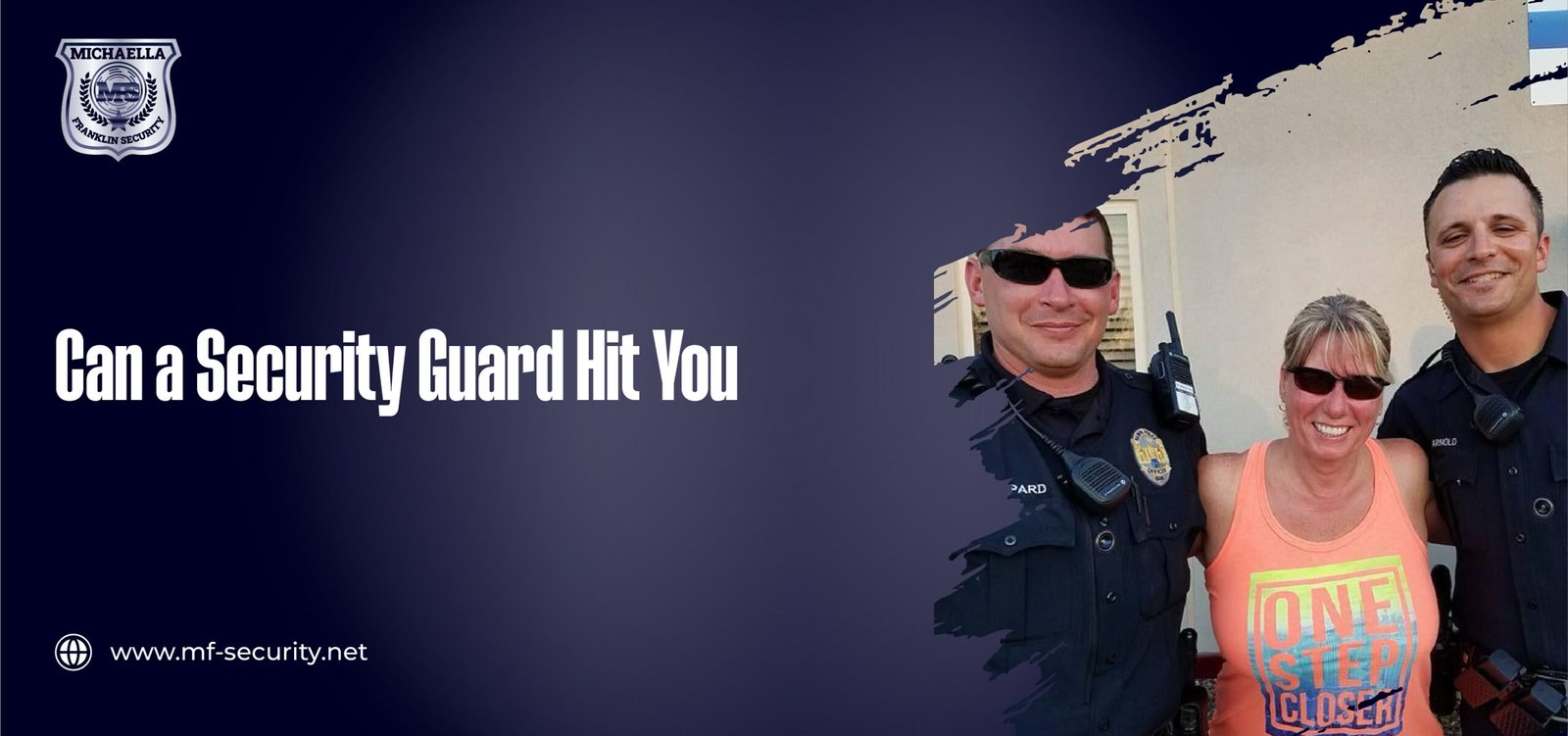Security guards are a visible part of daily life in malls, offices, hospitals, events, and residential communities. While many people assume they have authority similar to police, the reality is different. Security guards are private citizens with specific duties and restrictions under the law. Knowing what security guards can—and can’t—do legally helps protect your rights while clarifying the role they play in public and private safety.
The Role of Security Guards in Public and Private Safety
Security guards exist to deter crime, protect property, and ensure safety. Their duties include monitoring surveillance, patrolling premises, and reporting suspicious activity. Unlike police officers, they don’t enforce laws in general. Instead, their authority is tied to the property or employer they serve. Businesses rely on them for frontline safety, but they remain bound by private security regulations, not full police powers.
Legal Authority vs. Police
Security guards are not law enforcement officers. They cannot enforce criminal law beyond what any private citizen can do. Their authority is limited to:
- Protecting property and people within their employer’s boundaries.
- Requesting compliance with property rules (e.g., bag checks at a concert).
- Calling police when criminal activity occurs.
They cannot conduct traffic stops, issue fines, or pursue suspects beyond property lines. Guards support law enforcement but are not a replacement for it.
Detention and Arrest Powers
One of the most common questions is whether security guards can arrest someone. The answer: not in the same way police can. Guards may conduct a citizen’s arrest if they witness a crime being committed, depending on jurisdiction. In this case, they may detain a person until police arrive.
Legal detention must meet these conditions:
- Based on reasonable suspicion or witnessing a crime.
- Only for as long as it takes police to respond.
- Using reasonable and non-excessive methods.
Unlawful detention exposes guards and employers to lawsuits or criminal charges.
Looking for professional security guard services that stay compliant with the law?
Search and Seizure: What They Can and Can’t Do
Security guards do not have the automatic right to search you. Searches are only lawful when:
- You consent, such as agreeing to bag checks before entering a concert, workplace, or private venue.
- Searches are part of company policy, and entry is conditional on cooperation.
You may refuse a search, but refusal could mean denial of entry to private property. Guards cannot force searches outside these scenarios, nor can they seize property without police involvement.
Use of Force and Self-Defense
Security guards are allowed to use reasonable force when necessary. This typically applies to:
- Defending themselves or others from harm.
- Stopping a crime in progress.
- Detaining a suspect during a citizen’s arrest.
Force must always be proportional. Excessive or unnecessary physical intervention is unlawful and can result in both criminal liability and civil lawsuits. Many security companies train staff in de-escalation tactics, emphasizing prevention over confrontation.
Weapons and Equipment Regulations
The ability to carry weapons depends on licensing and local laws. Types of security include:
- Unarmed guards – rely on observation, reporting, and communication.
- Armed guards – licensed to carry firearms but must undergo rigorous training.
- Specialized equipment – batons, tasers, and pepper spray may require separate permits.
Unauthorized possession or misuse of weapons by guards is illegal. States and countries vary widely, so employers must ensure compliance with licensing laws.
What Security Guards Cannot Do
Despite their important role, there are strict legal limits:
- Impersonating police – forbidden and often criminal.
- Issuing tickets or fines – only government authorities can do this.
- Forcing searches without consent – violates privacy laws.
- Detaining without cause – unlawful restraint may lead to lawsuits.
- Exceeding property boundaries – authority generally ends where private property ends.
Guards must remain within the scope of their employer’s property rights and contractual duties.
Rights of the Public When Dealing with Security Guards
Members of the public retain several rights:
- Right to refuse a search unless tied to conditional entry.
- Right to privacy in public spaces where guards have no authority.
- Right against unlawful detention – guards cannot hold you without cause.
- Right to contact police if you believe a guard oversteps.
Awareness of these rights prevents conflicts and ensures interactions remain lawful.
Industry-Specific Scenarios
Event Security
At concerts and sporting events, guards conduct bag checks and crowd control. Searches are lawful because entry is conditional. However, force or detention still requires legal grounds.
Retail Security
Shoplifting prevention is a major focus. Guards may detain suspects briefly if they witness theft, but must call police immediately. Searches of personal belongings cannot be forced without consent.
Corporate and Office Security
In workplaces, guards monitor access, visitor logs, and surveillance. Employee searches must follow company policy and employment law, not arbitrary guard authority.
Future of Security Guard Authority
Technology is changing the security landscape. Body cameras, AI surveillance, and drones are increasingly used. While these tools improve monitoring, they raise privacy questions. Laws will continue to evolve to balance security needs with civil rights. Employers must ensure compliance with data protection and surveillance laws to avoid overstepping.
FAQs
Do security guards have the right to ask for ID?
Yes, but only on private property where it’s a condition of entry. You can refuse, though refusal may mean being denied access.
Can security guards follow you outside their property?
Generally no. Their authority ends at the property line unless they witnessed a crime, in which case they must wait for police.
Can a security guard call the police on you?
Yes. Guards are trained to report incidents and request law enforcement support when crimes occur.
Are security guards allowed to record you on camera?
Yes, in most private spaces, provided surveillance complies with privacy laws. Recording in private areas such as bathrooms is never allowed.
Can you refuse to cooperate with a security guard?
Yes, but refusal may mean being denied entry or asked to leave. If a crime is committed, refusal could lead to lawful detention until police arrive.
Conclusion
Security guards play a vital role in maintaining safety across industries, but their legal powers are limited. They can deter crime, observe, report, and in some cases detain individuals under citizen’s arrest. They cannot impersonate police, issue fines, or conduct unlawful searches.
For the public, understanding these boundaries ensures respectful and safe interactions. For employers, training guards within legal limits reduces liability and improves public trust.
Need trained guards who understand legal limits of detention?

